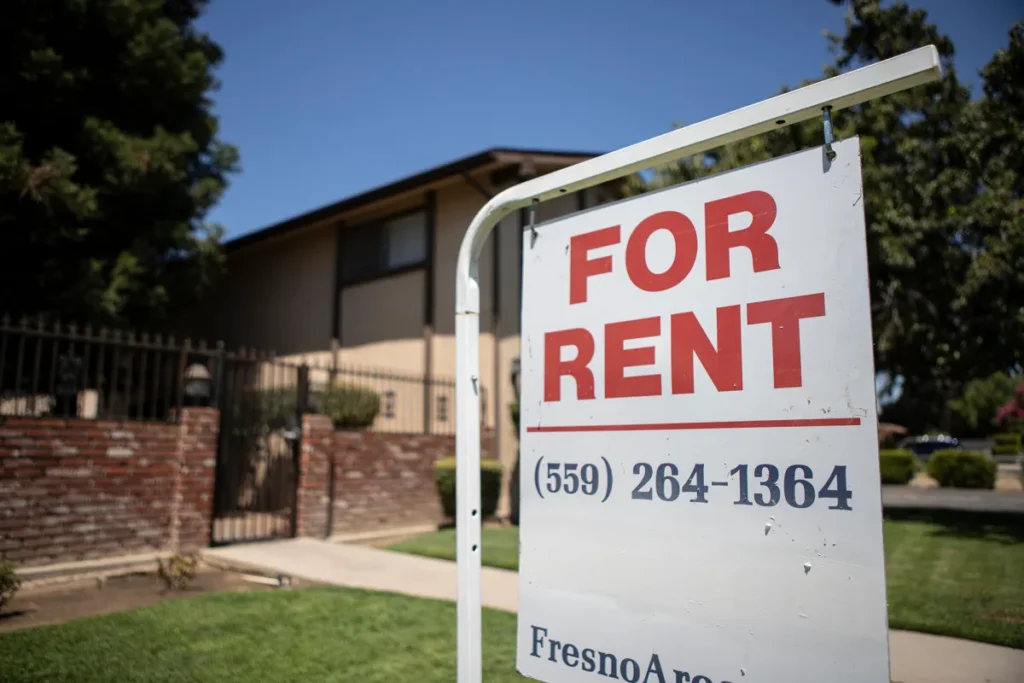How the 2024 Election Results Could Positively Impact the Short-Term Rental Industry
The results of the November 5, 2024, election could signal significant developments for the short-term rental (STR) industry. As the political landscape shifts, new policies, regulations, and market conditions could reshape the way hosts and property managers operate, creating new opportunities for growth and innovation. Here’s a look at some of the potential positive impacts for short-term rental businesses.
1. Easing of STR Regulations
One of the most anticipated changes is the potential for more relaxed STR regulations in certain areas. Newly elected officials in several major cities campaigned on promises to make housing and tourism more accessible, recognizing the economic benefits short-term rentals bring to local communities. For hosts, this could mean reduced restrictions on rental periods, occupancy limits, and licensing requirements, allowing for more flexibility in managing properties and attracting guests.
For property managers and hosts, this potential easing of restrictions can lead to an expanded market. If regulatory barriers are lowered, more individuals may enter the STR market, enhancing the diversity and appeal of short-term rentals across various destinations.
2. Increased Support for Tourism
Many elected officials have included tourism promotion in their platforms, particularly as cities recover from economic downturns. With increased tourism funding and marketing initiatives, more travelers will likely be encouraged to explore destinations that they may have previously overlooked. This support could directly benefit short-term rental hosts who cater to tourists, as more visitors translate to increased booking potential and occupancy rates.
For those managing STR properties in vacation hotspots or emerging tourist destinations, this could mean higher demand, even during off-peak seasons. The growth in tourism could lead to a more stable and predictable income stream for STR businesses.
3. Tax Incentives and Financial Support
Some newly elected officials have expressed a desire to support small businesses, including those in the hospitality and tourism sectors. Property managers, hosts, and short-term rental operators may see new tax incentives or grants aimed at boosting local economies and supporting small business owners. This financial support could come in the form of tax deductions on STR income, tax credits for home improvements that enhance guest experiences, or even grants to help upgrade or expand rental properties.
For new hosts or property managers, these financial incentives could make it easier to enter the STR market or scale their operations. Additionally, existing hosts could reinvest in their properties with renovations or amenities that increase their competitive edge in the market.
4. Streamlined Compliance Processes
One of the challenges hosts face is the complex compliance process associated with STRs. However, with the recent election, several regions are expected to push for simplified, digitalized, or automated compliance processes, making it easier for hosts to meet local regulations without excessive paperwork or bureaucratic delays. Cities and municipalities that embrace streamlined compliance can help reduce overhead costs for hosts and remove administrative barriers, allowing more time and resources to focus on improving guest experiences.
By making compliance easier, these changes can foster a healthier and more robust STR market where hosts can operate transparently while meeting all necessary legal requirements with less hassle.
5. Expanding STR-Friendly Zones
In some regions, local governments are looking to balance housing availability for residents with the growing demand for STRs. As a result, we may see an expansion of STR-friendly zones—areas where STRs are encouraged and supported, rather than restricted. These zones may be in neighborhoods primed for growth, where short-term rentals could revitalize communities, increase foot traffic to local businesses, and attract new visitors.
For property managers and investors, these designated zones can provide clarity and confidence in where to invest, knowing there’s governmental support for STR activities in specific areas. Such measures can also create more STR-friendly neighborhoods, increasing the supply of available properties for guests while easing the pressure on residential-only areas.
Final Thoughts
The 2024 election results bring a new era of opportunity for short-term rental businesses. As regulatory and economic policies evolve, hosts and property managers should stay informed about these changes, as they could offer new pathways for growth, financial support, and a more favorable operating environment.
At Stay Lumina, we’re committed to adapting to industry changes and helping our clients navigate these exciting times. As we look forward to potential benefits from the new political landscape, we’re optimistic that the short-term rental industry will continue to thrive and offer incredible experiences for travelers around the world.



